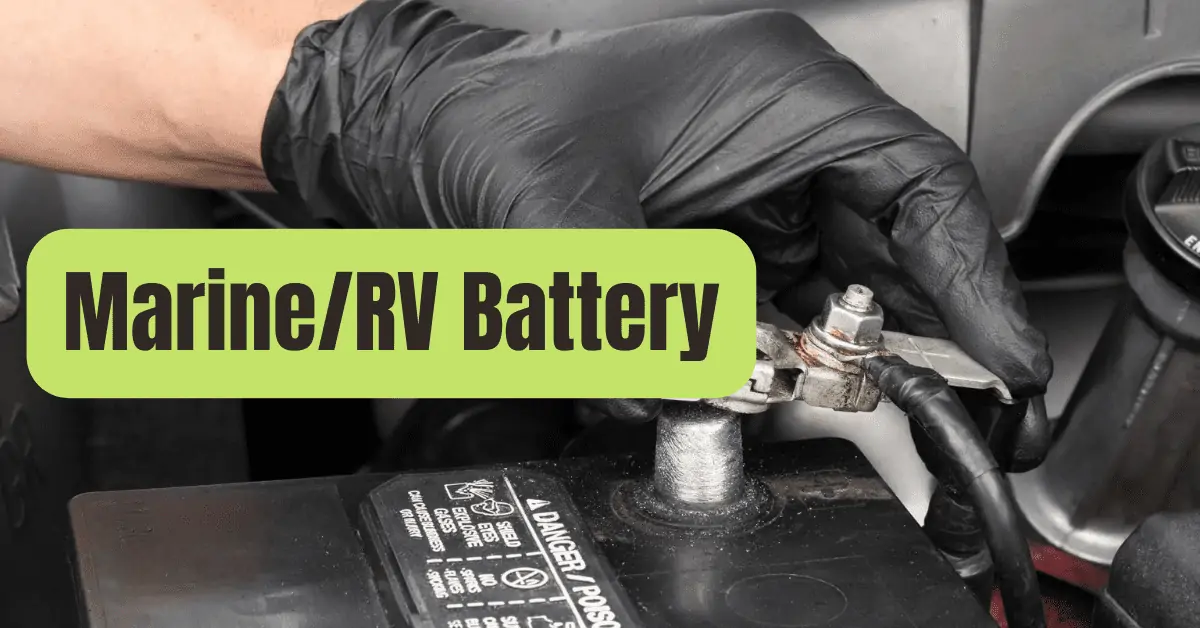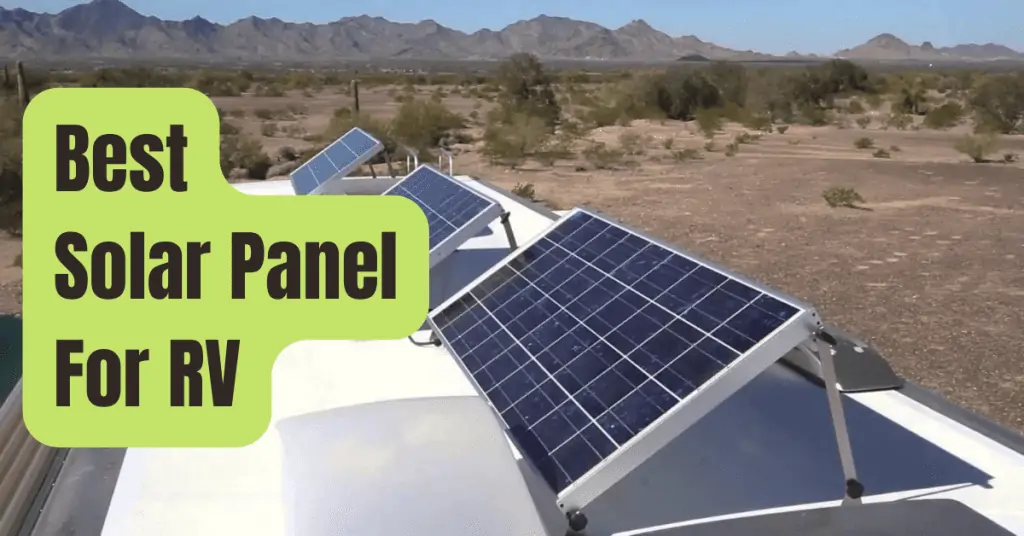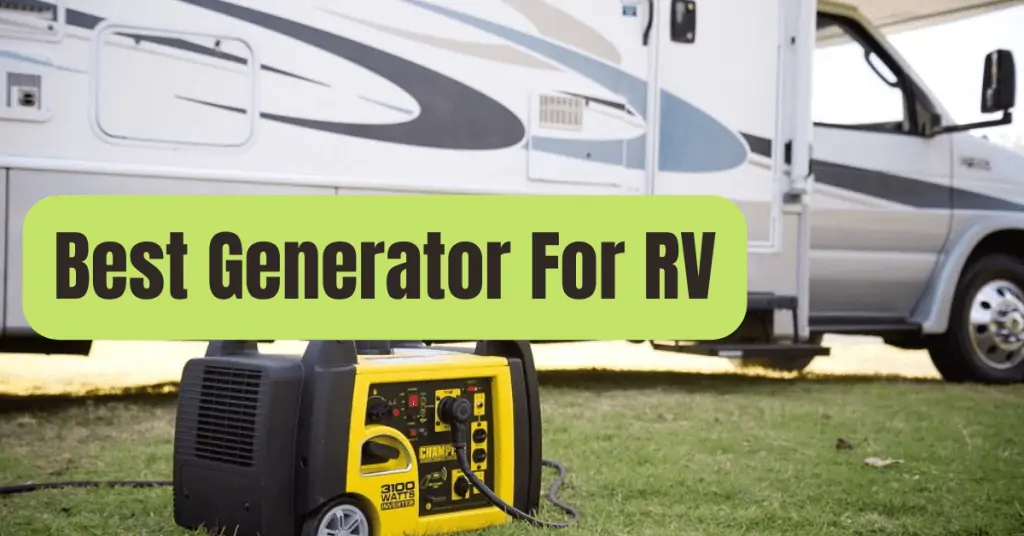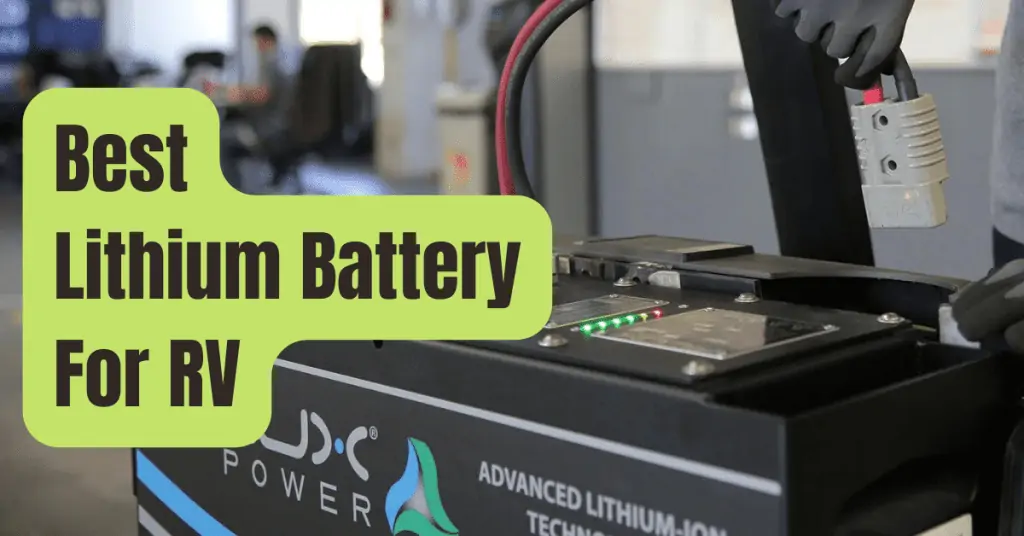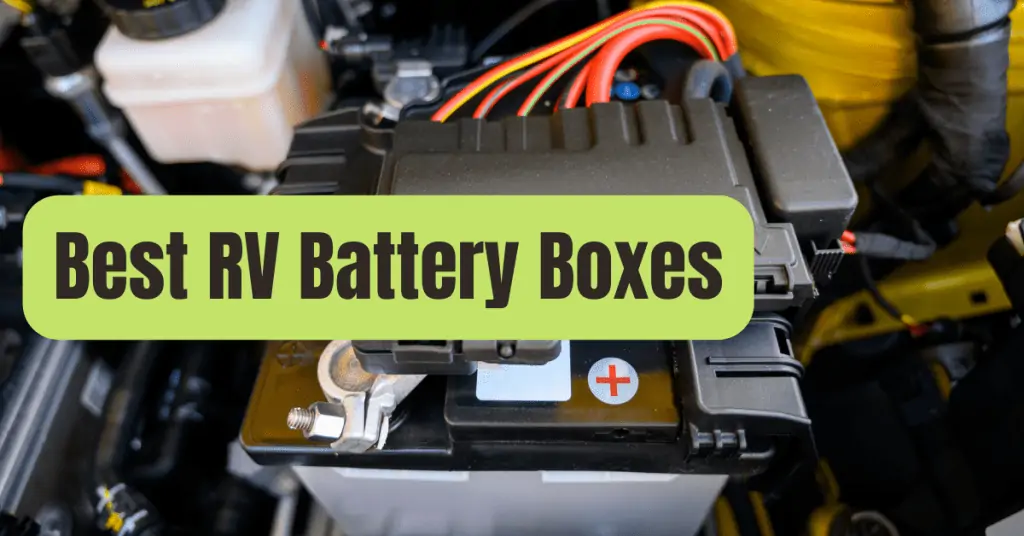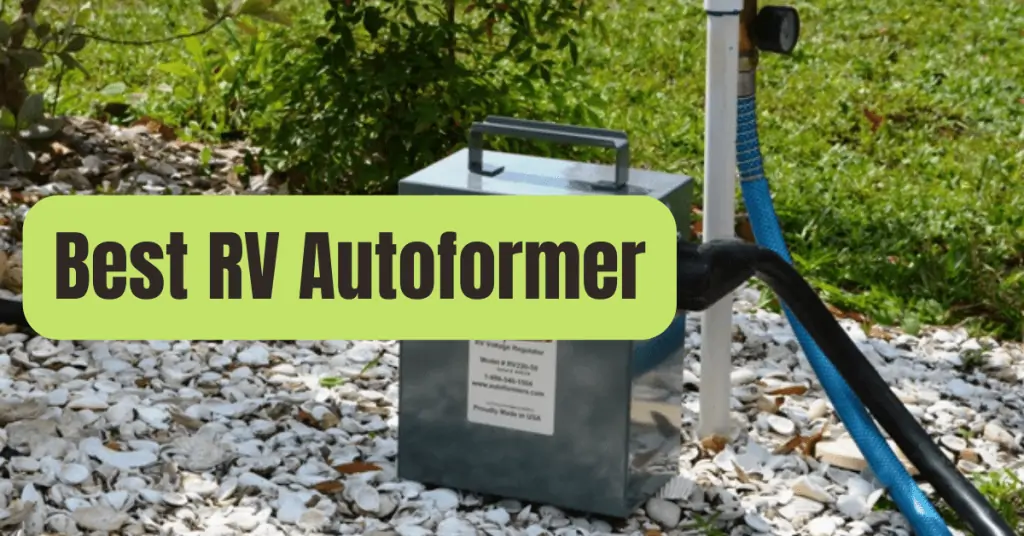There are many batteries working when you use your gear.
The chassis, or starting, battery, is one.
The other kind are deep cycle or home batteries.
Everything in your RV that operates when it is parked, such as the lights and appliances, is operated by the house batteries.
When picking your home batteries, you have a few options, but today we’re going to look into marine batteries as one of them.
A Marine RV Battery Is What?
RV marine batteries are a cross between a deep cycle battery and a starter battery, however most people only advise them as deep cycle batteries.
They are less costly than a special deep cycle battery, but may not be of the same quality.
The lead in most RV batteries is immersed in an acid/water solution, which has to be periodically topped up since with each charge, the battery loses a little amount of the solution.
The producers totally sealed the batteries and only left a tiny vent on the side to solve this issue and provide maintenance-free batteries.
Marine batteries and RV batteries may often be switched out.
Just make sure your boat battery has a slower drain rate and a bigger reserve capacity.
Additionally, confirm that your marine battery has sufficient reserve to run your RV and all you need within it between charges.
Three Varieties Of RV And Marine Batteries
Marine batteries for RVs come in three distinct varieties: flooded batteries, gel batteries, and AGM batteries.
- Lead plates and sulfuric acid are used in flooded batteries.
- Gel batteries are often not recommended by boaters since they are susceptible to overcharging.
- AGM batteries feature glass mat separators, need no maintenance, and are resistant to vibrations and stress.
What To Consider When Selecting A Marine Battery For An RV
There are a few characteristics to look for in each battery you purchase, even though every battery will have a distinct set of benefits to offer you.
- Capacity – The capacity of your battery is measured in AH, or ampere hours. The battery’s capacity for current over a certain time period is measured in ampere hours. Your battery can store more energy and operate for a longer period of time if its AH is greater. Just keep in mind that this will influence the size and weight of your battery.
- Depth of discharge – Usually expressed as a percentage, this indicates the exact quantity of energy a battery has drained. If you’re planning to utilize a lead-acid battery, be aware that the depth of discharge and life cycle are interconnected. Deeper individual cycles also indicate fewer total cycles for the battery.
- Voltage – The term for the electrical potential difference. Deep cycle and starter batteries typically have a 12v DC voltage (direct current). Some RV owners make their own 12v batteries by connecting 6v batteries in series.
- Charging – How will you charge your batteries? Is a power inverter necessary? Will you be charging your batteries using shore power, solar power, or a generator?
- Changes in temperature – How will your battery perform in low and hot temperatures? Make sure it can survive at least some temperature variations since you’ll need one that can give air in the summer and heat in the winter. In case you’re traveling to a place where humidity is a problem, find out how your battery performs in such situations as well.
- Vibration resistance – You should also look at the general quality of your battery. A strong RV battery will be able to endure vibrations and shocks to prevent damage during transport.
What Kind Of Marine Rv Battery Should I Pick?
You should first estimate how much electricity your RV will use.
Will you leave some appliances running over night? Which devices will you be utilizing, and how much power do they need? The appropriate battery may then be selected.
- The widely used VMAX857 AGM Marine Deep Cycle battery slowly drains over the course of 4 to 9 hours on average with just a 50 to 60 percent depletion. The inner plates are made of tin-lead alloy rather than calcium-lead alloy.
- Reviewers praise the Optima 8016-103 D34M BlueTop Starting & Deep Cycle Marine Battery for having the ability to serve as both a deep cycle and a starting battery. In comparison to conventional marine batteries, it is fifteen times more vibration-resistant and recharges quickly.
- The RV, boat, and other off-grid power systems may all use the Battle Born Batteries 12-v 100 AH LiFePO4 Deep Cycle Battery. It is lightweight and adaptable.
These pointers should help you locate the ideal marine RV battery for your vehicle.

